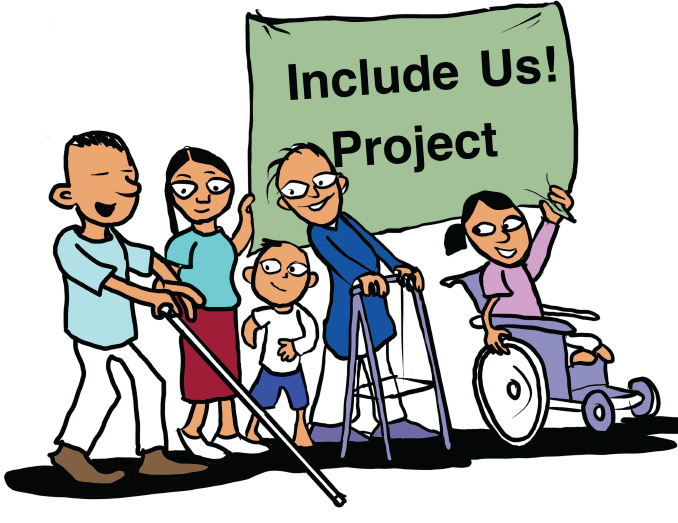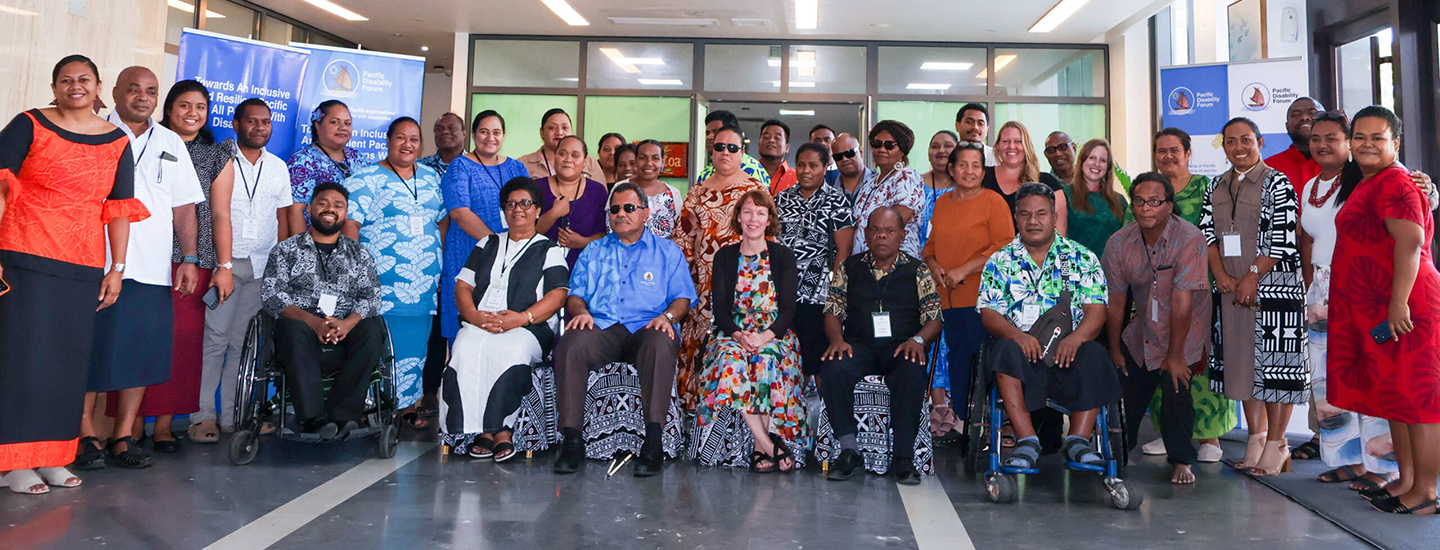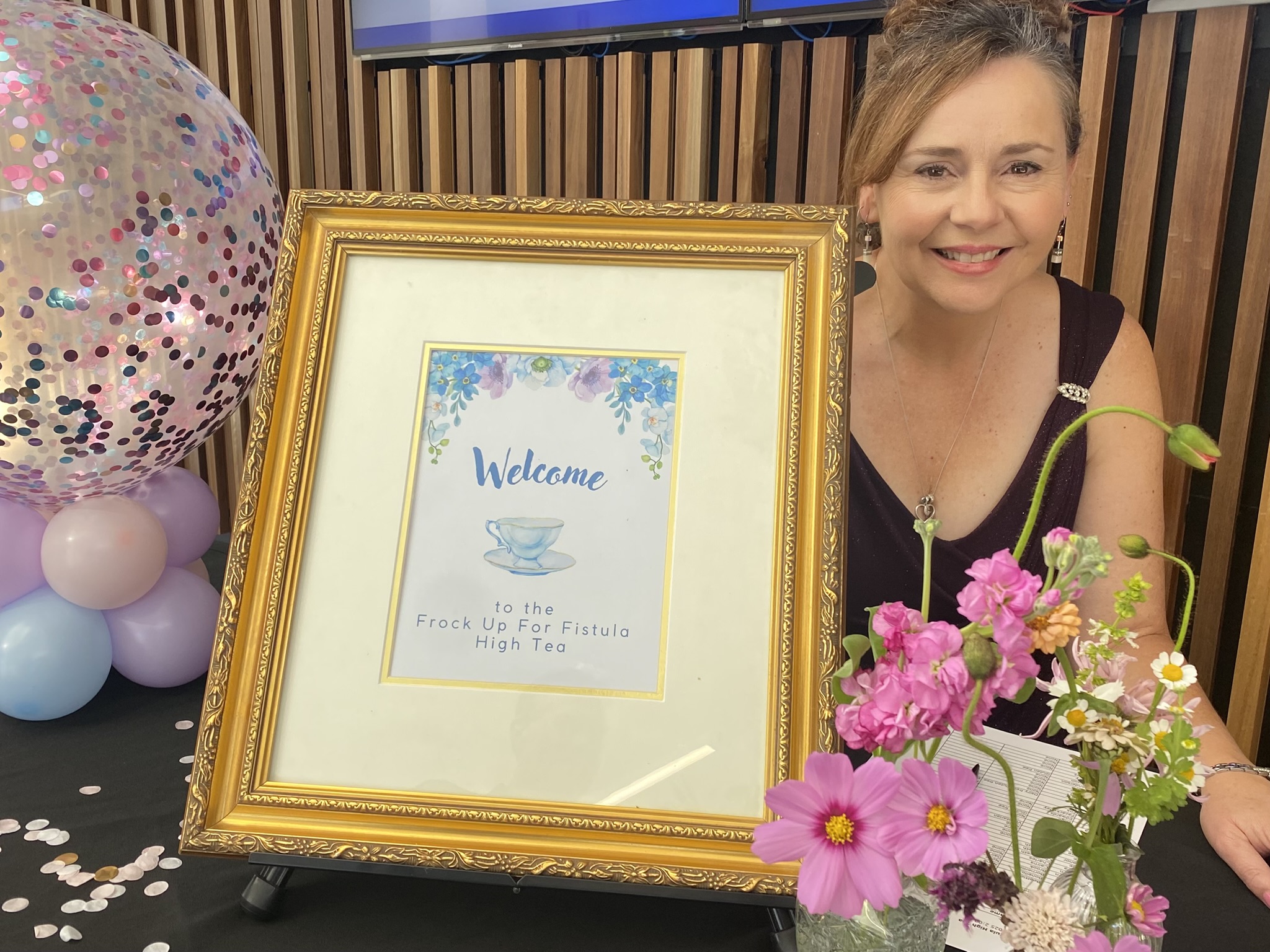Analysis: reflecting on gender in inclusive development: 2020
Stories | January 20, 2022
In order to achieve disability and gender equality and truly leave no one behind, CBM recognises the need to actively work with all people who are affected by disability discrimination; women, men, girls and boys. We know from our field experience that women and girls with disability are more likely to be overlooked in getting access to support and services.
CBM Australia remains committed to ensuring appropriate representation and support of women with disabilities in all our programs. Regular reflection on our work, and where we can improve, enables us to remain true to this commitment.
In late 2020, CBM Australia distributed a self-reflective survey to our country offices. The survey posed two key questions and invited open-ended response; what were the main areas where our programs have improved in addressing gender over recent years, and what work still needs to be done? The following is a summary of some of our key achievements in continuing to work towards better incorporating gender in inclusive development.
Striving to maintain gender balance in programs
Achieving and maintaining a gender balance within our programs is a key area of focus. The survey responses reflected that this balance was achieved though the development of inclusive selection criteria in order to better identify women and girls with disabilities to support in the COVID-19 response.
“We ensure the gender balance on each of our activities and programmes.”
[We] developed and used ‘inclusive beneficiary selection criteria’ which has explicitly helped to identify the most marginalised women and girls with disabilities households to support them on COVID-19 response.” Country Office staff member
CBM Australia also uses gender equality as an indicator for assessment in project evaluations. Gender assessment criterion have led to the capture of valuable data, which has informed additional aspects of the project. For example, analysis of one data set identified that women – particularly widows – had a high prevalence of cataracts and needed greater assistance in accessing cataract surgery. Another example indicated that this data had led to the development of a training program with a partner organisation involving fathers.
“Data disaggregation [is] used … in improving program planning and implementation.” Country Office Staff member
CBM Australia works to ensure gender equality in the workplace too. Insight from the survey responses noted that over the last few years, CBM country offices have been committed to hiring more women. Survey data indicated that management was mindful to continue to employ women, particularly women with disability, and to enable them to reach leadership positions.
Gender capacity building
The survey response indicates that women are participating in more decision-making spaces. For example, responses indicated that work has focused on elevating women in local Organisations for People with Disability (OPDs).
“Women’s voices [are] being heard locally. Women and men equally hold positions in the OPD management as office bearers and decision makers. More women empowered and supported by OPDs to speak for themselves and other women.” Country Office Staff member
Capacity building training was also reported to be beneficial for partner agencies as well, with gender increasingly considered at all stages of development projects, from design, to implementation and monitoring. While this is a strong accomplishment, this will remain a key focal area for the upcoming year
The ongoing self-reflection survey is a key step in ensuring our CBM Australia programs remain committed to addressing gender equality, while it is valuable in identifying the gaps and work still to be done, it is also important to celebrate progress and where improvement has been made.
https://www.cbm.org.au/stories/analysis-reflecting-on-gender-in-inclusive-development-progress-in-2020
Related Stories

Easy Read your way through our evaluation report
At CBM Australia, we recognise that accessibility is not optional – it is a...

Growing Stronger Together: Supporting OPDs across the Pacific
CBM Australia is proud to partner with Pacific Disability Forum on the Growing Stronger...

Frock Up For Fistula: a High Tea of hope and healing
Something very special happened this Mother’s Day weekend. CBM Ambassadors Lyn Wake and Glenys...
